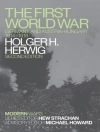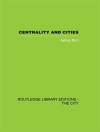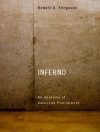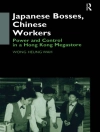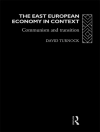This electronic version has been made available under a Creative Commons (BY-NC-ND) open access license. Through a study of the British Empire’s largest women’s patriotic organisation, formed in 1900, and still in existence, this book examines the relationship between female imperialism and national identity. It throws new light on women’s involvement in imperialism; on the history of ‘conservative’ women’s organisations; on women’s interventions in debates concerning citizenship and national identity; and on the history of women in white settler societies. After placing the IODE (Imperial Order Daughters of the Empire) in the context of recent scholarly work in Canadian, gender, imperial history and post-colonial theory, the book follows the IODE’s history through the twentieth century. Tracing the organisation into the postcolonial era, where previous imperial ideas are outmoded, it considers the transformation from patriotism to charity, and the turn to colonisation at home in the Canadian North.
विषयसूची
List of figures and tables Acknowledgements Introduction 1. Genealogy of an imperial and nationalistic Order 2. Female imperialism at the periphery: organizing principles, 1900-1919 3. Women, race and assimilation: the canadianizing twenties 4. Exhibiting Canada: empire, migration and the 1928 English schoolgirl tour 5. Britishness and Canadian nationalism: Daughters of the Empire, mothers in their own homes, 1929-1945 6. ‘Other than Stone and Mortar’: war memorials, memory, and imperial knowledge 7. Conservative women and democracy: defending Cold War Canada 8. Modernizing the North: women, internal colonisation and indigenous peoples Conclusion Note on sources Notes Bibliography
लेखक के बारे में
John Mac Kenzie is Emeritus Professor of Imperial History, Lancaster University and holds Honorary Professorships at Aberdeen, St Andrews and Stirling, as well as an Honorary Fellowship at Edinburgh.



